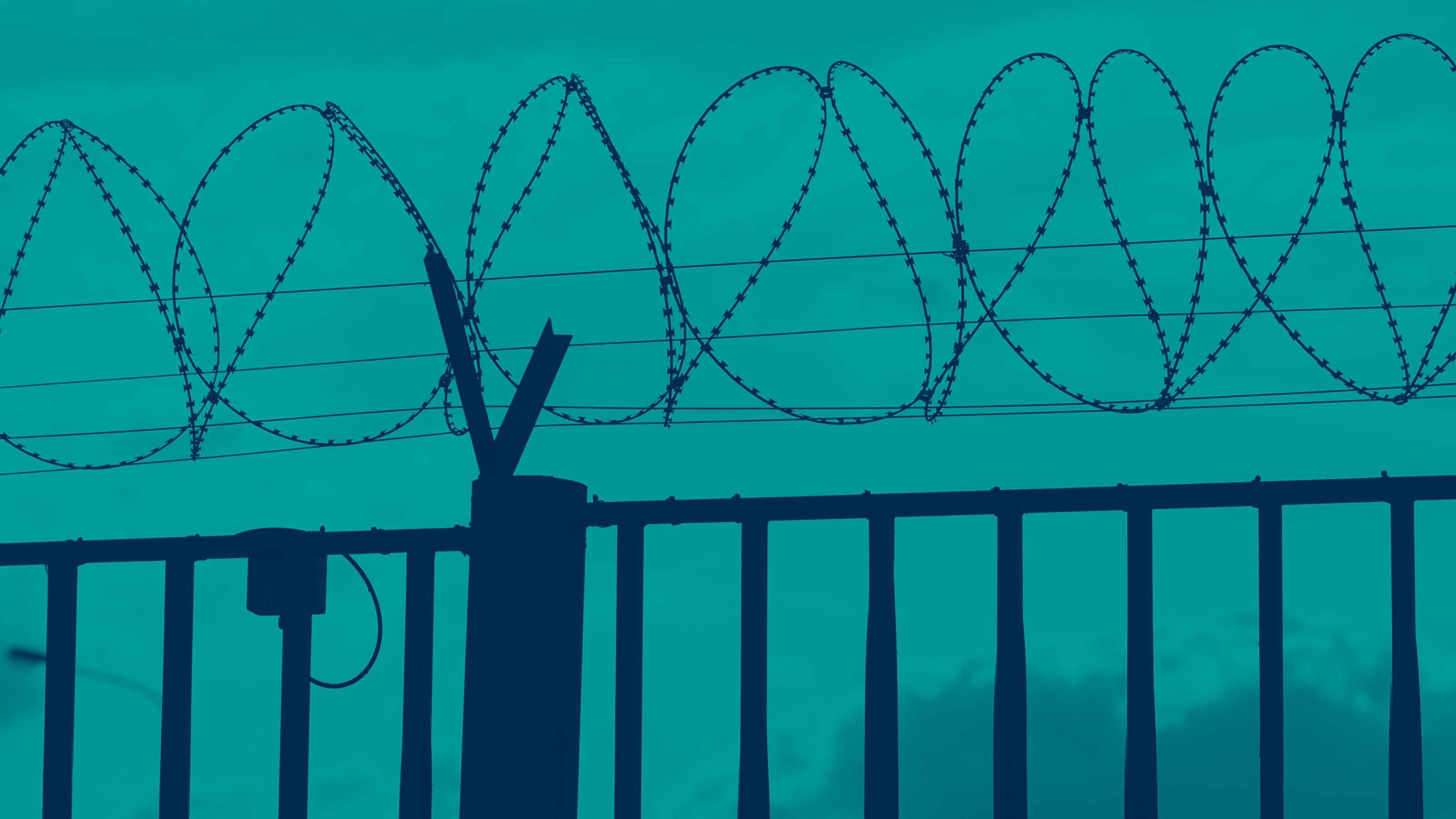Registration
You will receive an email confirming your registration.
India’s near east, which includes its northeastern states and the neighboring countries of Bangladesh and Myanmar, is an important component of New Delhi’s Act East policy and is celebrated as a hub of economic activity. The region is also critical to India’s rivalry with China and central to the idea of India itself. However, it has been marred by decades of instability. How has the region been impacted by India’s efforts to exert control over its eastern hinterland and its pursuit of regional hegemony? What does India hope to achieve through its Act East policy? What are the limits of New Delhi’s influence in the near east?
Carnegie India hosted Avinash Paliwal for a discussion on the evolution of India’s relationship with its near east. The discussion was moderated by Srinath Raghavan.
DISCUSSION HIGHLIGHTS
The Evolution of the Near East: Participants discussed India’s evolving relationship with its near east, recalling policy measures from almost a century ago to recent initiatives such as India’s Look East and Act East policies. They reflected on how India’s ambition of deepening connections with its near east had played out on the ground. Due to multiple partitions, colonial and postcolonial, this region has developed complex sociopolitical and economic divisions. Participants evaluated the longstanding influence of these divisions on domestic politics and regional geopolitics. They discussed how the presence of a wide range of political ideologies had added to the complexity of administering and governing the region. Furthermore, participants emphasized that revisiting the perspectives of past Indian leaders across the political spectrum could shed light on India’s historical strategies and visions for the near east region.
Barriers to Formal Connectivity: Participants examined the reasons behind India’s struggle to connect itself with its near east. India’s prioritization of geopolitical stability over economic connectivity was highlighted as a critical factor. Participants underscored that India’s foreign policy has been grounded in the desire to prevent the region from succumbing to instability, leading to a lack of formal connection. On balance, it was argued that the region is deeply linked through narcoterrorism, human trafficking, and drug trafficking, which create resistance to the formalization of trade and connectivity. The benefits accrued from these illicit activities prove extremely lucrative to a small elite, making efforts toward formalization more difficult. Participants agreed that, due to these reasons, immense political intent and effort would be required to formalize trade in the region. The discussion also delved into how the multiple partitions of the region had led to divisions along community lines, a legacy that endures in the politics of the region today. Participants acknowledged that political and cultural differences would further complicate the region’s ability to connect.
Complexities of the Region: Participants discussed several intricacies of the region, such as the competing nationalisms and the pressure from cross-border migration. Participants highlighted the history of tensions within and between the various cultures of the region, the threat of violence along the borders even without active migration, and the considerations arising from the influx of people from neighboring countries. Furthermore, migration, paired with the different cultures of the region, has led to borders becoming violent, thereby increasing the strain on India’s efforts to maintain stability and order in the region. The unequal treatment of various groups due to discrepancies in the internal policies of various states further destabilized the region. Participants provided historical examples of the Indian government making laws to address social anxieties and protect regional autonomy within specific states in India’s northeast. Participants also placed the current developments and tensions in India’s northeast in the context of this long history of cultural variety.
This summary was prepared by Samik Shirish Andhare, a summer assistant at Carnegie India.
